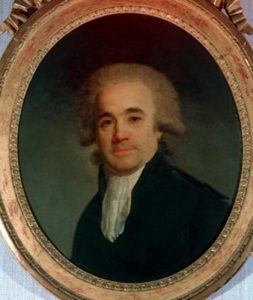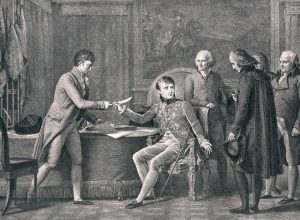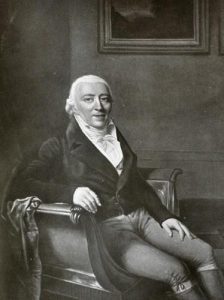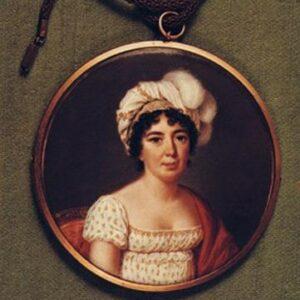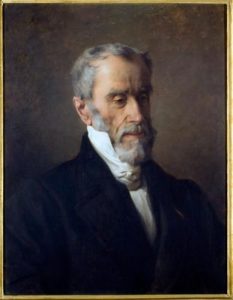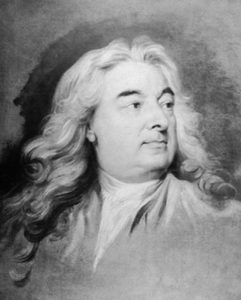A committed layman
He played a major role in church affairs after the signature of the Concordat with the Pope. Towards the end of November 1801, he met with Portalis and declared that the government would not establish church “inspectors”, nor a hierarchy among ministers. Appointed secretary to the Paris Consistory, from 1803 he was to send circular letters to the Churches and became a kind of unofficial intermediary between the Churches and the government. His initiatives undoubtedly helped the satisfactory working of an ill-adapted organisation. Later on, at the beginning of the Empire, he seemed to believe that a “reunion” of the Christian Churches, such as Napoleon would approve of, would be possible.
He fell out of favour after 1807, (he has lost his seat at the Corps Législatif), and he was appointed Conseiller de Préfecture in Montpellier.

